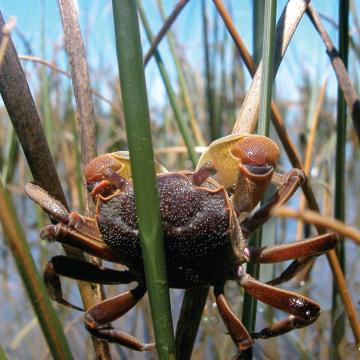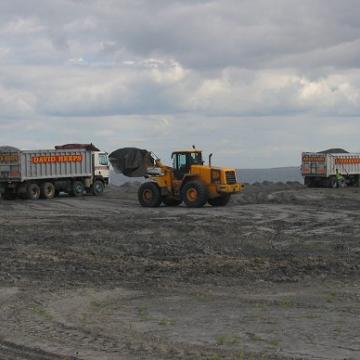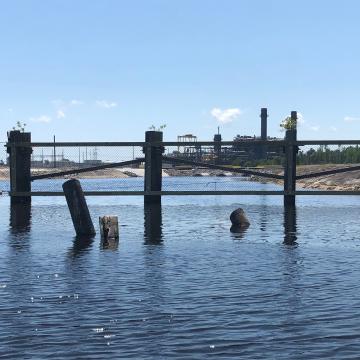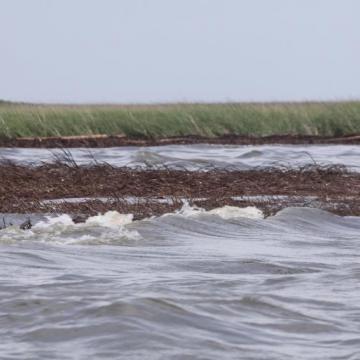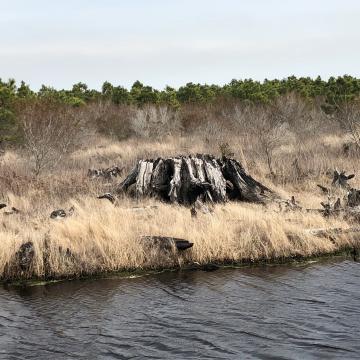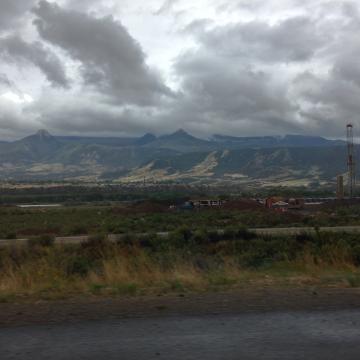-
NewsThe Duke University Wetland Center is marking its 30th anniversary this year by kicking off the largest expansion of research, teaching and outreach programs in its history.
-
NewsChronic exposure to microplastic fibers causes aneurysms, erosion of surface layers and other serious damage to fish gills, and increases egg production in female fish, a sign that chemicals in the fibers may be acting as endocrine disruptors, a new study by U.S. and Chinese scientists finds.
-
NewsResearch by Duke and NC State scientists finds most filters are only partially effective at removing PFAS. A few, if not properly maintained, can even make the situation worse.
-
NewsDuke University has received a five-year, $5 million grant from the National Institute of Environmental Health Sciences (NIEHS) to develop a new environmental analysis laboratory.
-
NewsAllowing coal ash to be spread on soil or stored in unlined pits and landfills will raise the risk that several toxic elements, including carcinogenic hexavalent chromium, could leach out of the coal ash and contaminate nearby water supplies across the U.S., according to preliminary findings from a new Duke University study.
-
NewsCoal ash solids found in sediments collected from Sutton Lake in 2015 and 2018 suggest the eastern North Carolina lake has been contaminated by multiple coal ash spills, most of them apparently unmonitored and unreported until now.
-
NewsA new study finds that shoreline erosion rates can double following the death of plants on wetland edges, such as these marshes in Louisiana’s Barataria Bay that were heavily oiled by 2010’s Deepwater Horizon oil spill.
-
NewsChildren living in homes with all vinyl flooring or flame-retardant chemicals in the sofa have significantly higher concentrations of potentially harmful semi-volatile organic compounds (SVOCs) than children from homes where these materials are not present, according to a new Duke University-led study.
-
NewsDuke University has acquired rights to create a 10,000-acre “carbon farm.” When fully operational, the farm could potentially store enough carbon to help Duke meet its goal of achieving carbon neutrality by 2024.
